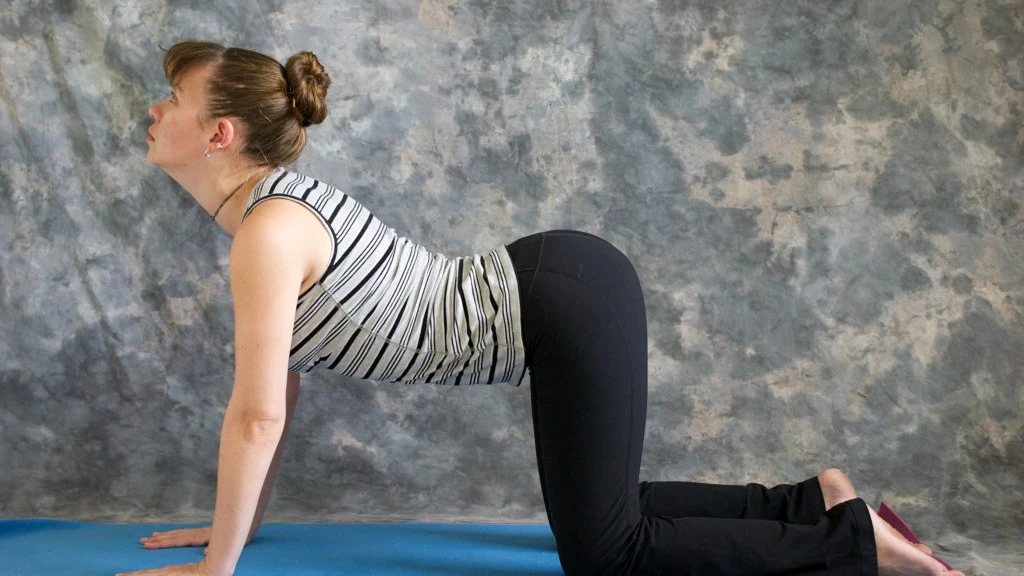The Key to Staying Fit? Experts Say It’s All About Fascial Fitness

Exercise scientists have long touted the benefits of training muscle strength and flexibility to achieve maximum fitness. Now yoga experts and practitioners are learning the important role of fascia in maintaining fitness and overall health.
For yogis wanting to boost muscular strength and fitness, this means focusing on elongating and releasing the body’s connective tissues such as fascia, according to an article in the Telegraph UK.
Fascia is a broad term for the extracellular matrix of fibers, “glue” and water surrounding all your cells. Think of it as a seran wrap, wrapping around muscle fibers, muscles, organs, bones, blood vessels and nerves — and finally as a second skin around your entire body.
Experts are beginning to recognize that most injuries involve the fascia, and that knowing how to work with this connective tissue is one important key to preventing injuries. Fascial fitness may just be the new wave of training for yogis and athletes of all kinds.
Some yoga studios are launching facial releasing classes in response to the growing demand of yoga practitioners who seek a greater understanding of the body on a cellular level. A leader in this trend is London’s Virgin Active and Twenty-Two Training, which now offers classes focusing specifically on fascial release.
George Ashwell of Twenty-Two Training explains, “Release the fascial tissue and you’ll boost muscle tissue hydration, enable a full range or muscle motion, prevent restriction during training, recover better after exercise and decrease your risk of injury. It also means a better flow of blood and nutrients to you muscles.” So fascia is an important part of the fitness equation.
Ashwell and the team of physiotherapists and sports therapists at Twenty-Two have developed fascial release massages, designed to help with chronic injury and sports performance.
“A unique deep tissue massage can really help change the structure and flexibility of our muscles”, explains Twenty-Two’s founder Dalton Wong. “We are the only place in the UK with this specific technique,” he says.
Interestingly, Twenty-Two Training has also developed a facial treatment to relax and release thickened and restricted fascial tissue. Having spoken to someone who’s recently tried and tested the treatment, she told me that experienced noticeable signs of relief, particularly in areas of tension around the jaw.
In the U.S., Equinox studios have launched the new RX Series in which they use the 3 M’s: massage, mobilization and maximizing performance to revitalize the body. A completely new concept for the US-born fitness company, these classes are based on self-myofascial massage only, ‘to recharge and prep the body for higher performances,’ they say.


